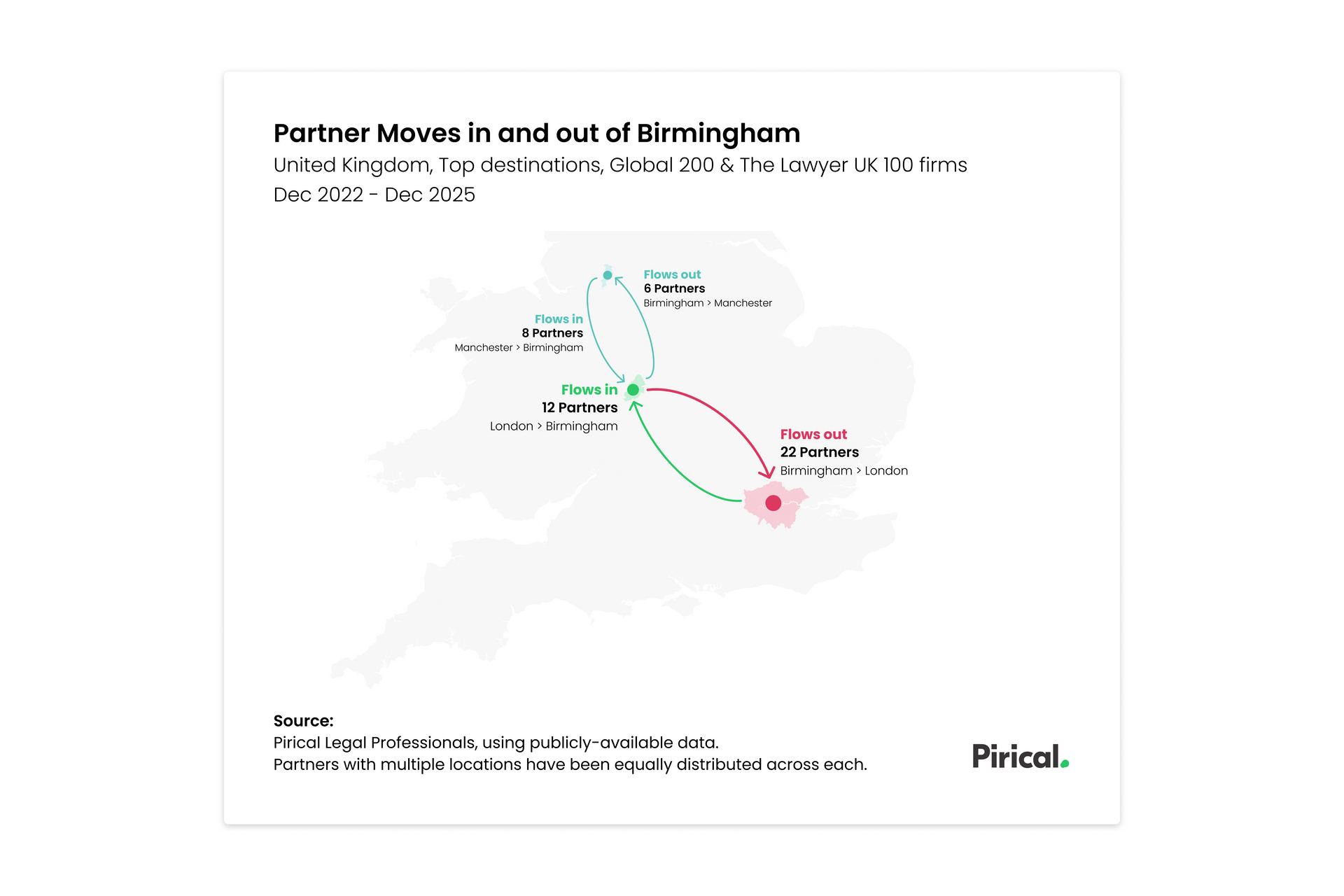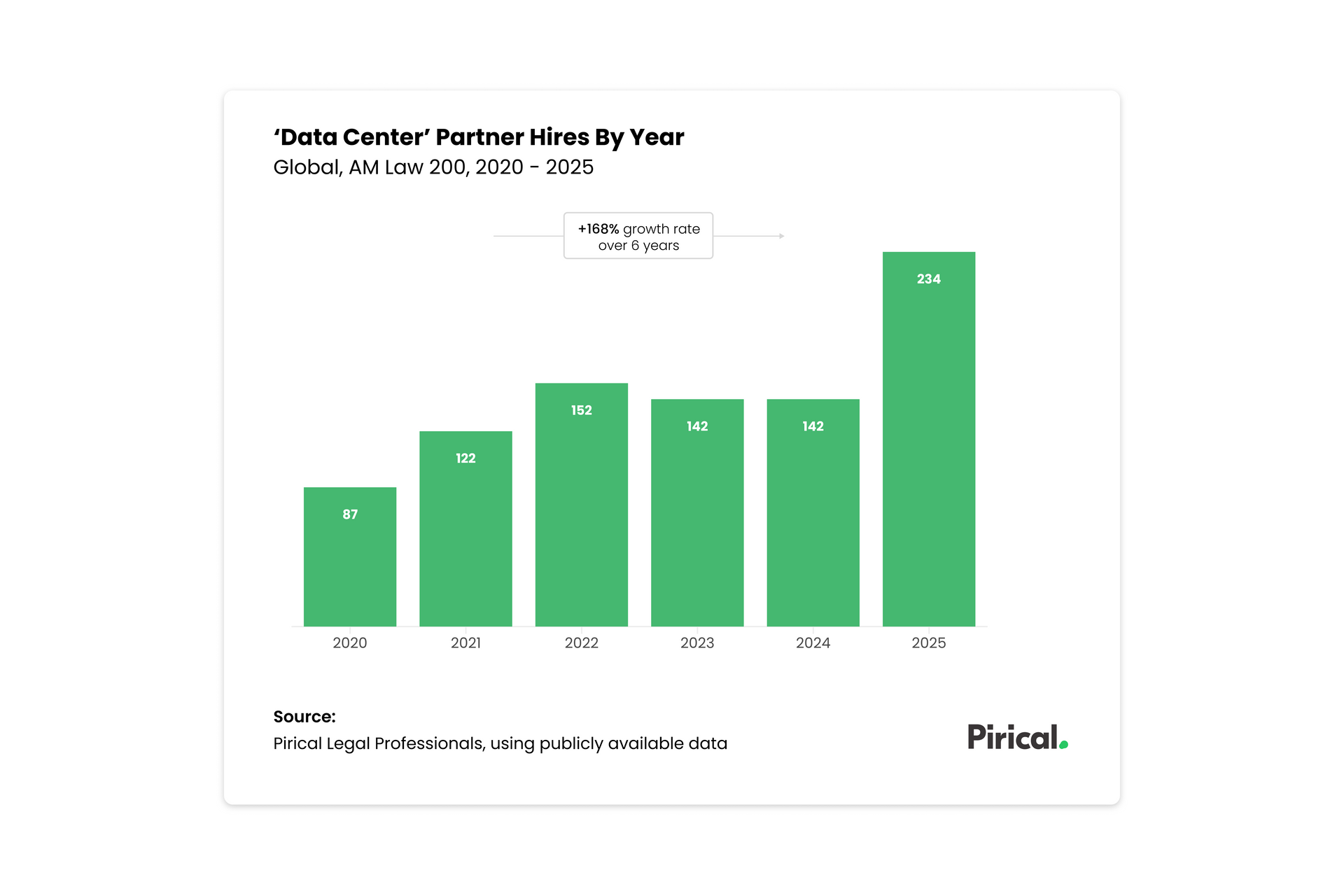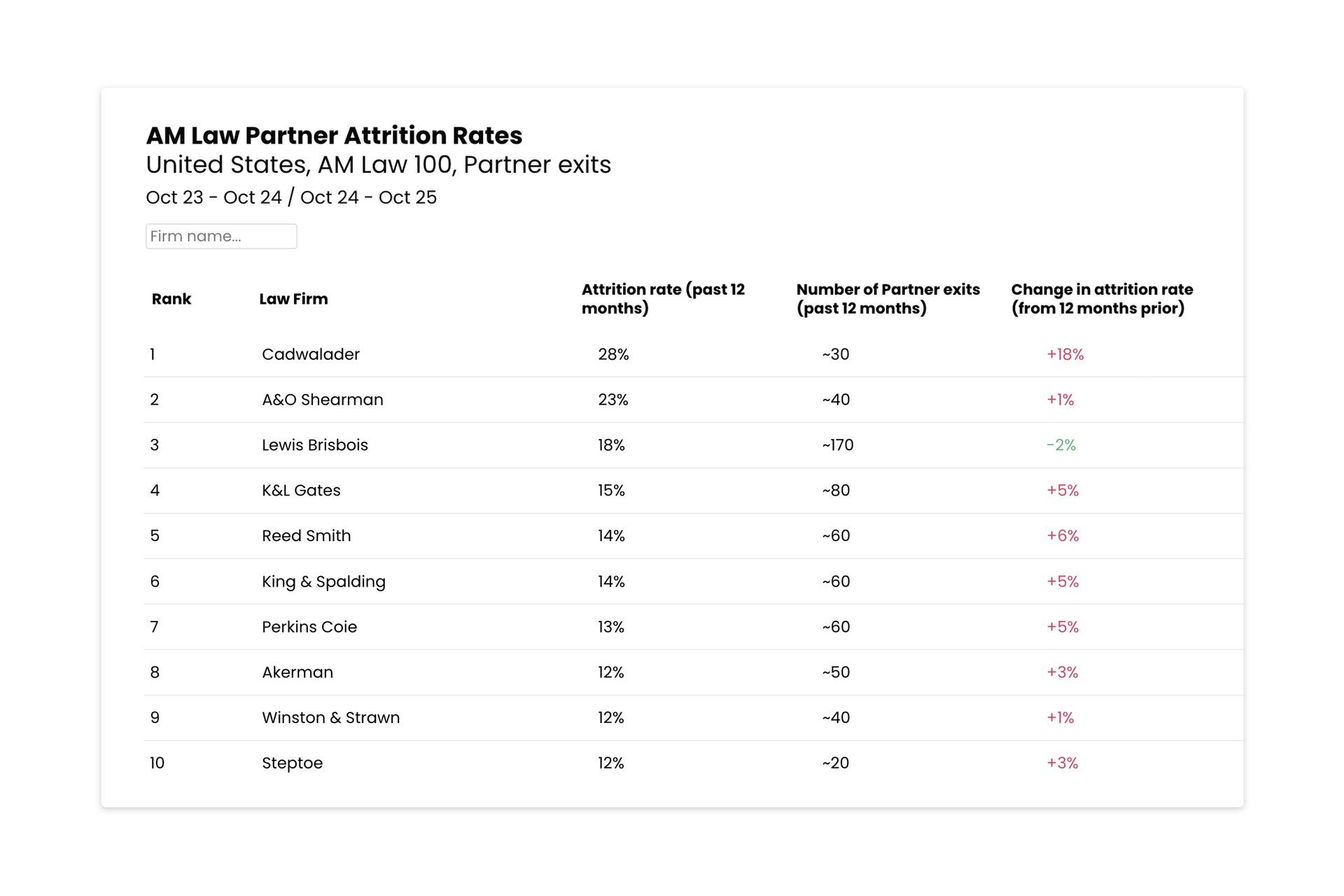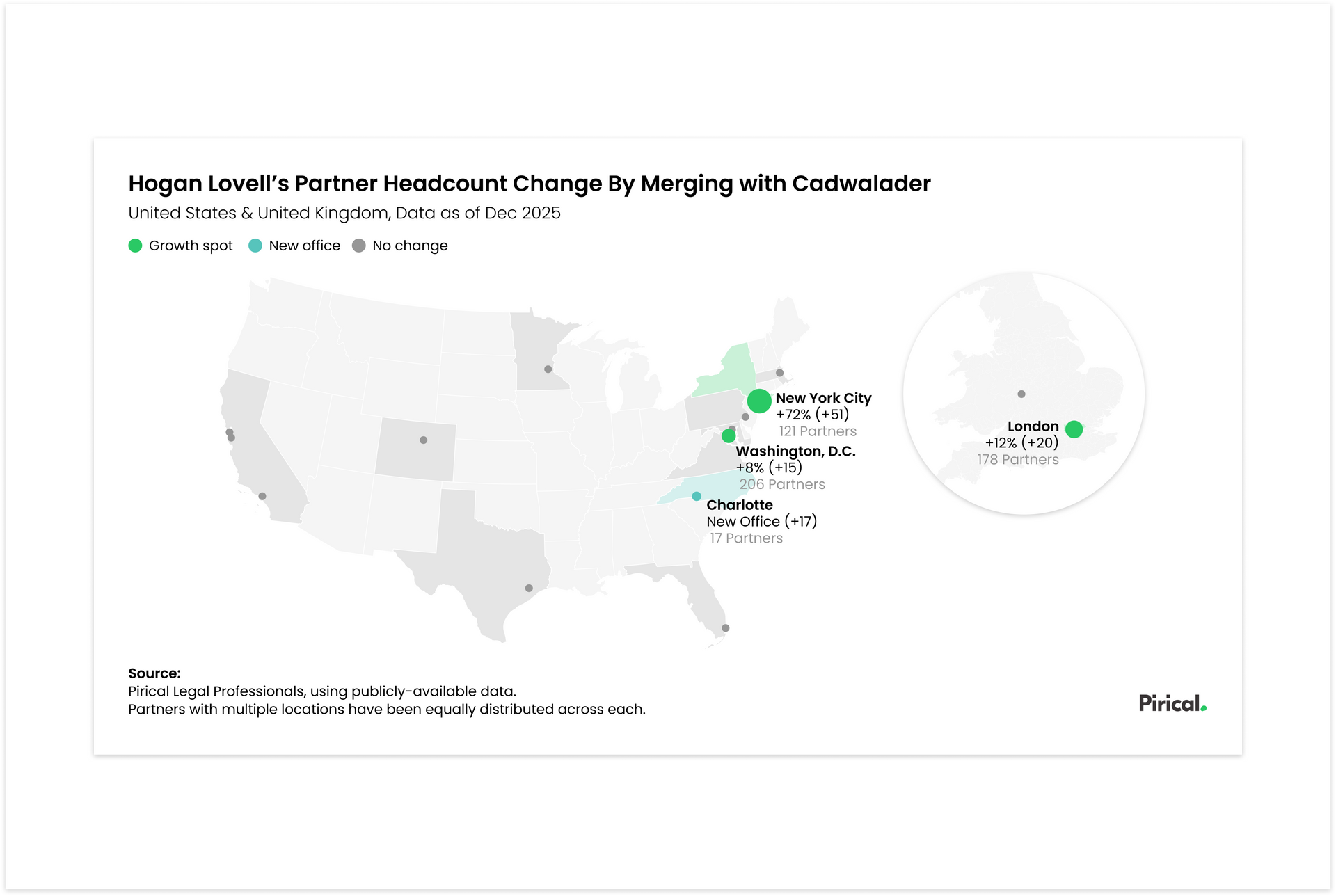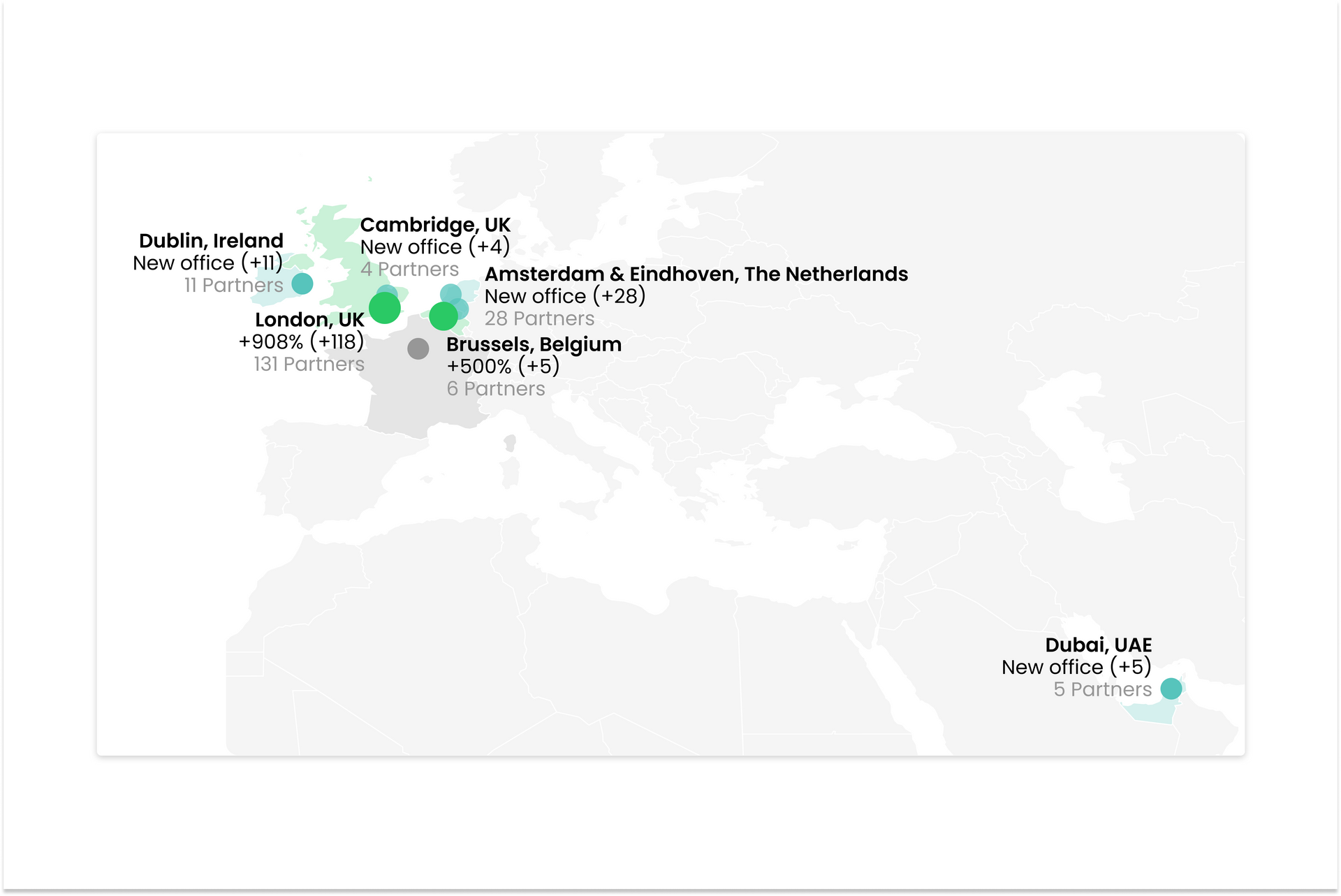HE and life experiences of LGBT+ people
We share key findings from a report that takes a deep look into the life and experiences of LGBT+ people.
This article originally appeared in the The Student Employer .
Clifford Chance , Deutsche Bank, University of York and National Student Pride commissioned Trendence UK and Pirical to help them better understand the life and education experiences of LGBT+ people.
Out & proud: A Deeper Look into the Life and Experiences of LGBT+ People includes the key findings below, which are intended to act as a wake-up call for universities and employers alike, in creating environments that are inclusive to young people irrespective of their backgrounds:
-
Only 38% of LGBT people at university and 42% in the workplace say their sexuality is public knowledge, compared to 93% and 80% of non-LGBT people respectively. BAME LGBT students are even less likely to make their sexuality public at university (30%).
-
LGBT students that are open about their sexuality are 1.5 times more likely to report improved wellbeing (41% compared to 27% that are not open).
-
LGBT people are 6% more likely to experience a decline in their wellbeing since starting university (37% compared to 31% non-LGBT). BAME LGBT students, students whose sexuality is not public knowledge and those that use drugs two to three times a week are most likely to report declining wellbeing.
-
Two in three LGBT students (64%) report experiencing discriminatory remarks, with one in two (56%) experiencing sexual harassment and a third experiencing sexual assault or hate crime. By comparison, non-LGBT students are 1.6 times less likely to report discriminatory remarks, 10.5 times less likely to experience hate crime and almost half as likely to report sexual assault and harassment.
-
LGBT students are 1.7 times more likely to use drugs while at university (34% compared to 20% of non-LGBT), with over a third (39%) reporting worsening wellbeing. They are 1.4 times more likely to use drugs to cope with day-to-day activities and it’s more likely to become a ‘habit they can’t stop’ (2.6% compared to 0.4%).
-
One in seven LGBT people report experiencing temporary homelessness (15%), with rates rising even higher for LGBT BAME people (17%) and those eligible for free school meals (29%). LGBT people are also 9% less likely to live with their family/parents.
-
One in two of all young people who responded to the survey felt that an inclusive and diverse environment at university and in the workplace was 'important'. However, more LGBT students felt it was ‘very important’ (22%) compared to non-LGBT (15%). Furthermore, LGBT students who placed an importance on inclusivity were 1.8 times more likely to report improved wellbeing since starting university (48% compared to 26% that didn’t place importance).
-
LGBT young people are 35% more likely to report having depression than non-LGBT people. This may be linked to loneliness, social isolation and a lack of belonging, as LGBT people are 13% less likely to report being satisfied with their personal relationships.
-
LGBT students are 24% more likely to use mental health services and 18% less likely to use careers service at university than non-LGBT students. However, they are less likely to be satisfied with the mental health provision at universities (58% compared to 76%), suggesting that their needs are not being met as well as those of non-LGBT students.
Subscribe to our newsletter to get notified when we publish a new post.
Subscribe to the latest data insights & blog updates
Fresh, original content for Law Firms and Legal Recruiters interested in data, diversity & inclusion, legal market insights, recruitment, and legal practice management.

